
Book
The Simplicity Principle
Six Steps Towards Clarity in a Complex World
Recommendation
If you’re thinking, “Stop the world and let me off,” you’re the ideal candidate for Julia Hobsbawm’s guide to untangling life’s complexities. The British author and intellectual uses nature and neuroscience as a framework for dealing sensibly with life’s demands. Hobsbawm warns against the poisonous effects of stress and explains why multitasking goes against nature. Hobsbawm offers a unique perspective on quieting the noise around you and embracing clarity amid confusion.
Summary
About the Author
British author and intellectual Julia Hobsbawm also wrote Fully Connected: Surviving and Thriving in an Age of Overload and Where the Truth Lies.
By the same author
Book
Learners who read this summary also read
Book
Book
Book
Book








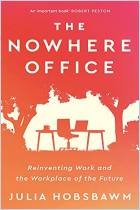
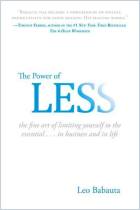
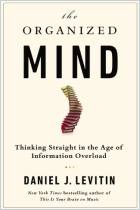
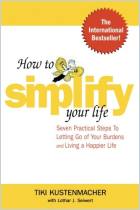
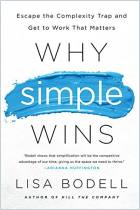
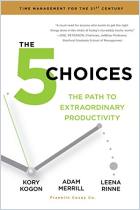
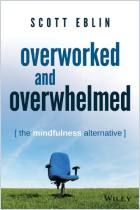



Comment on this summary or Démarrer une discussion